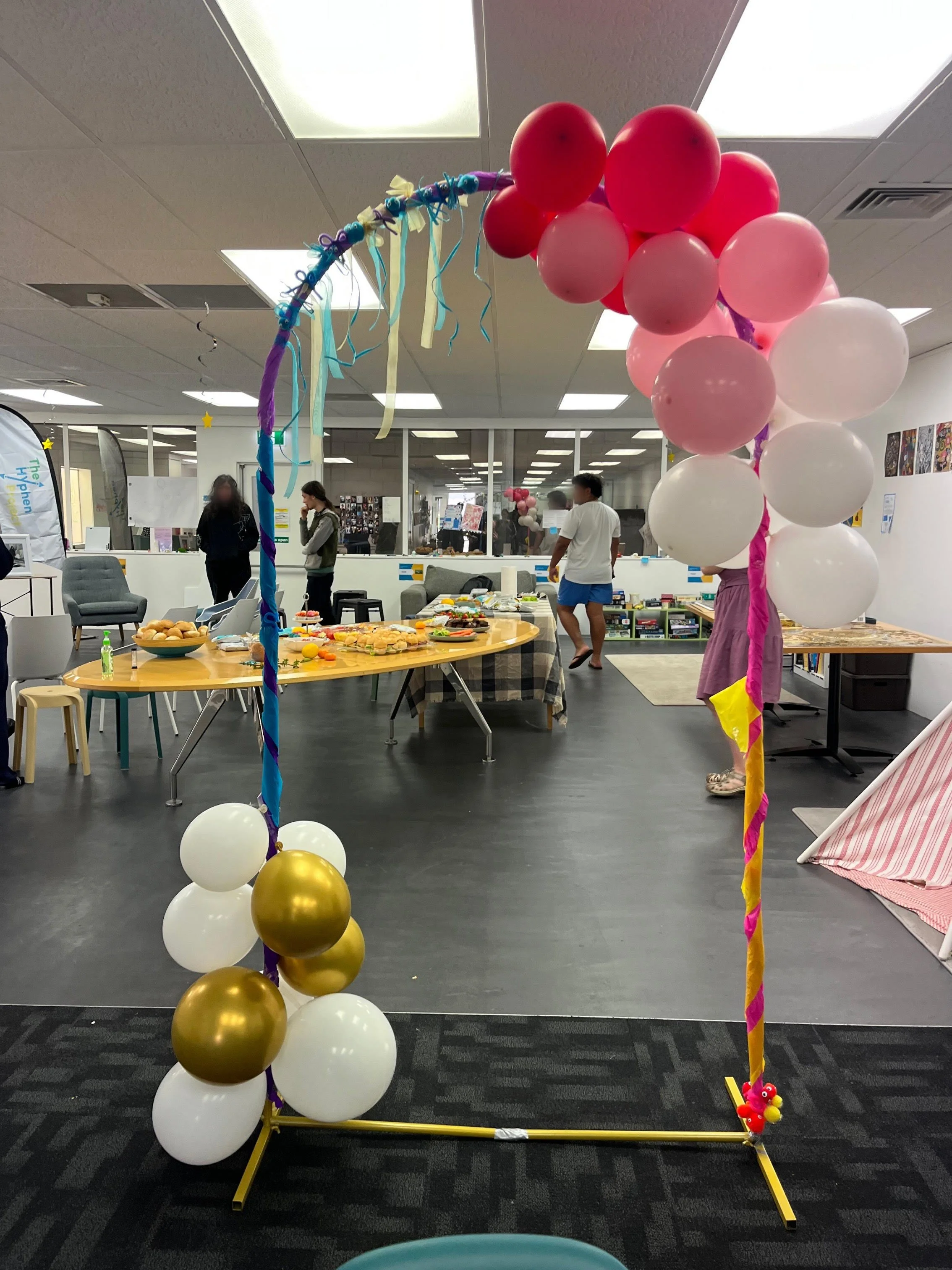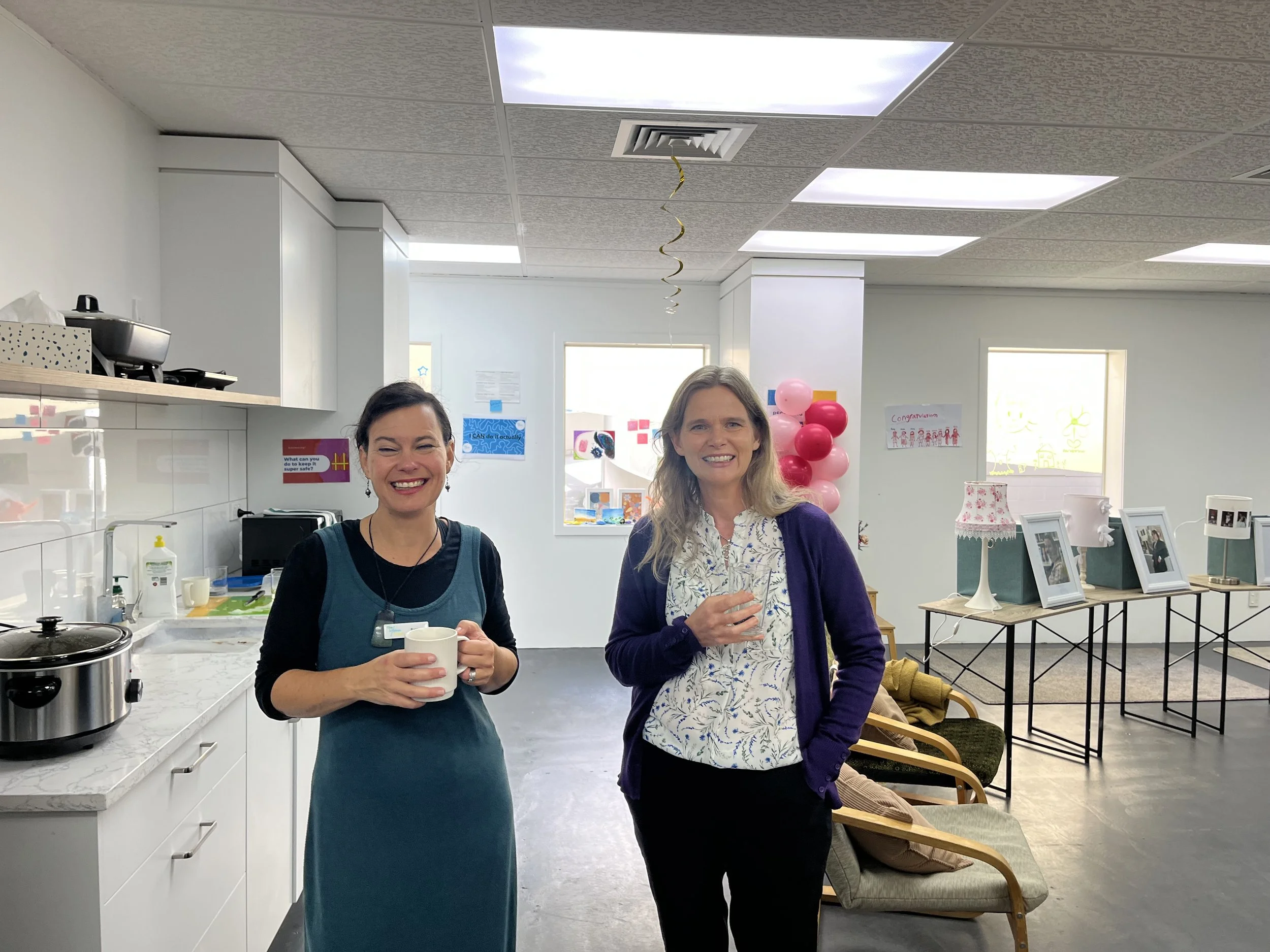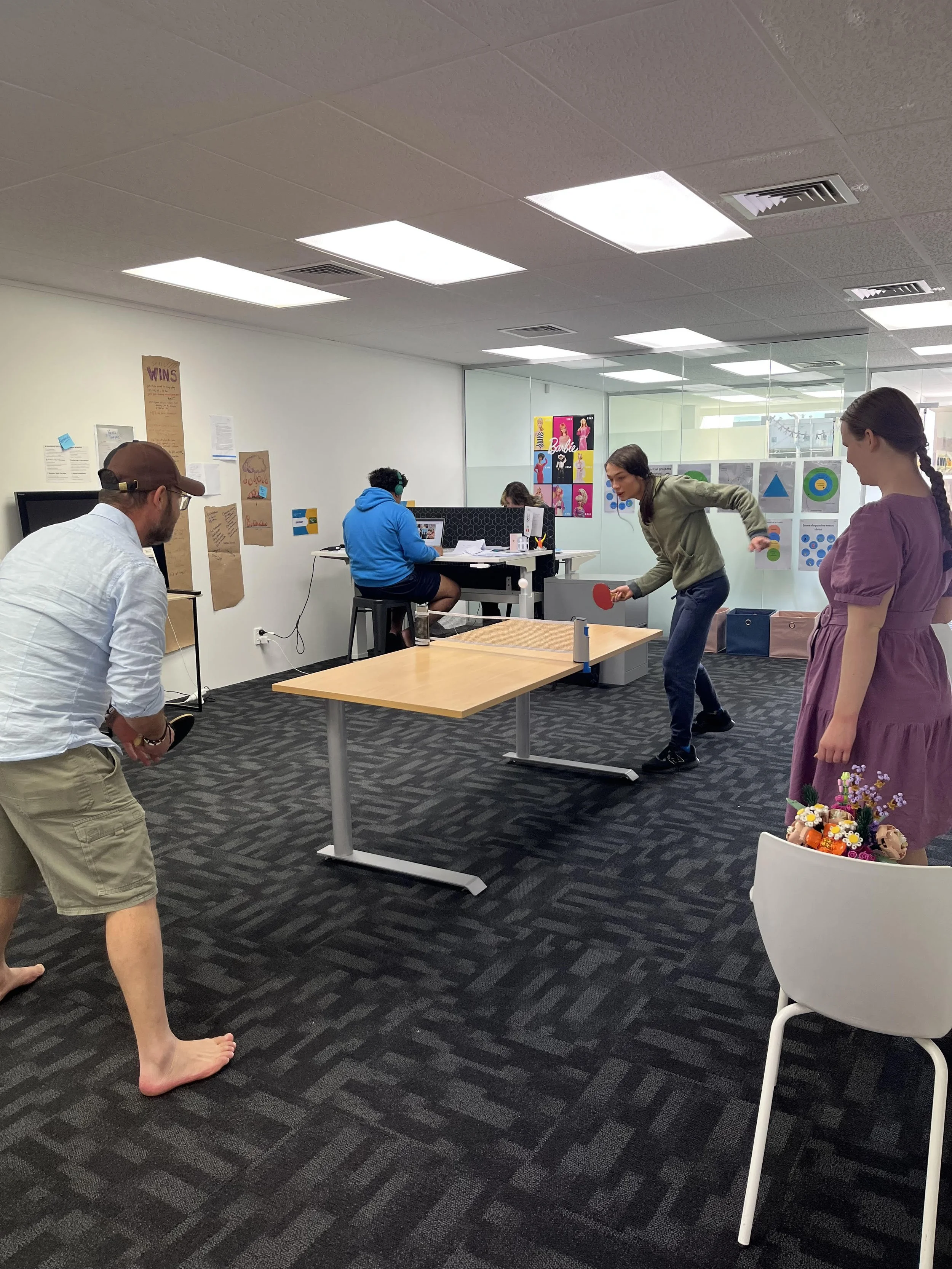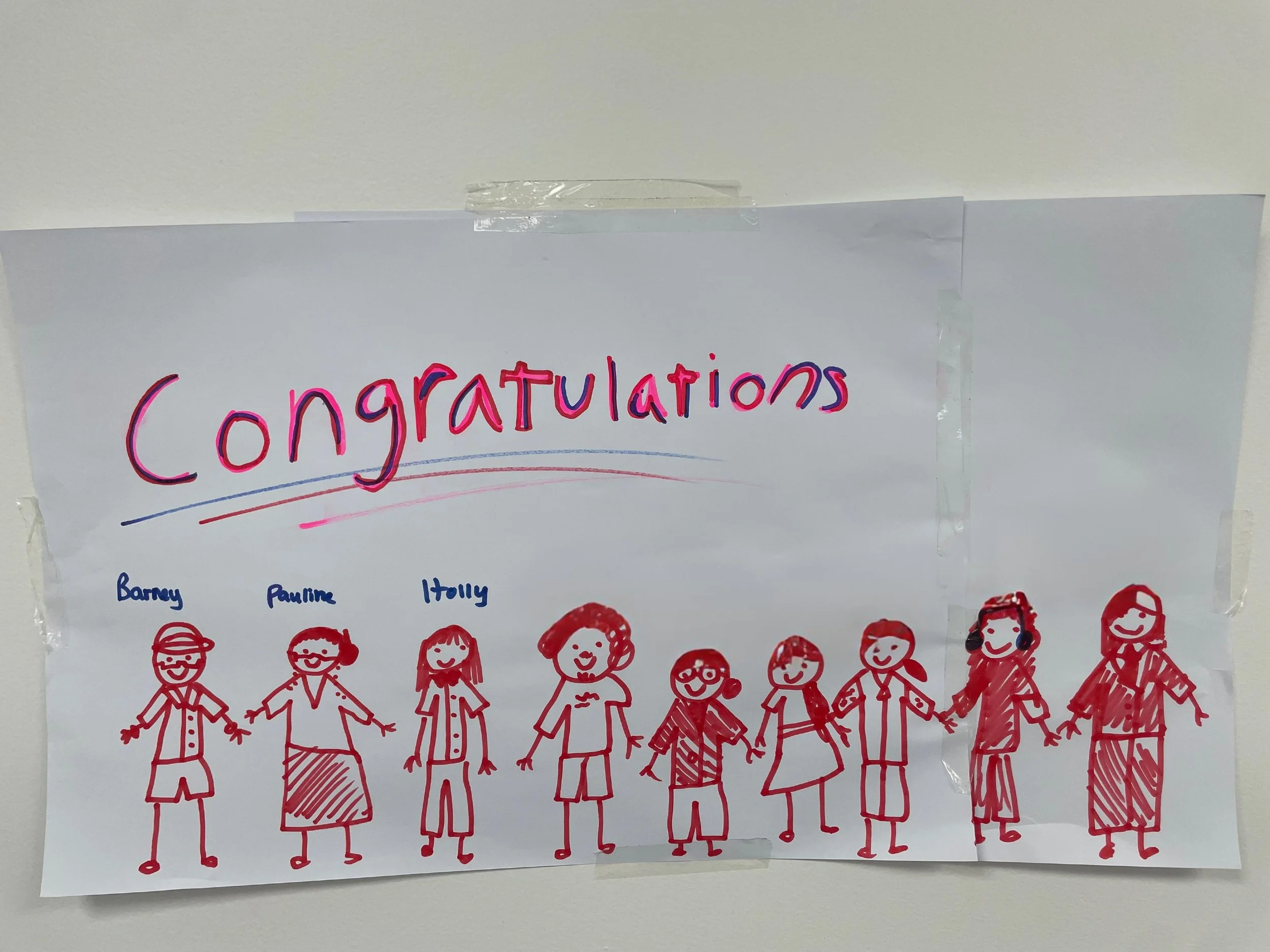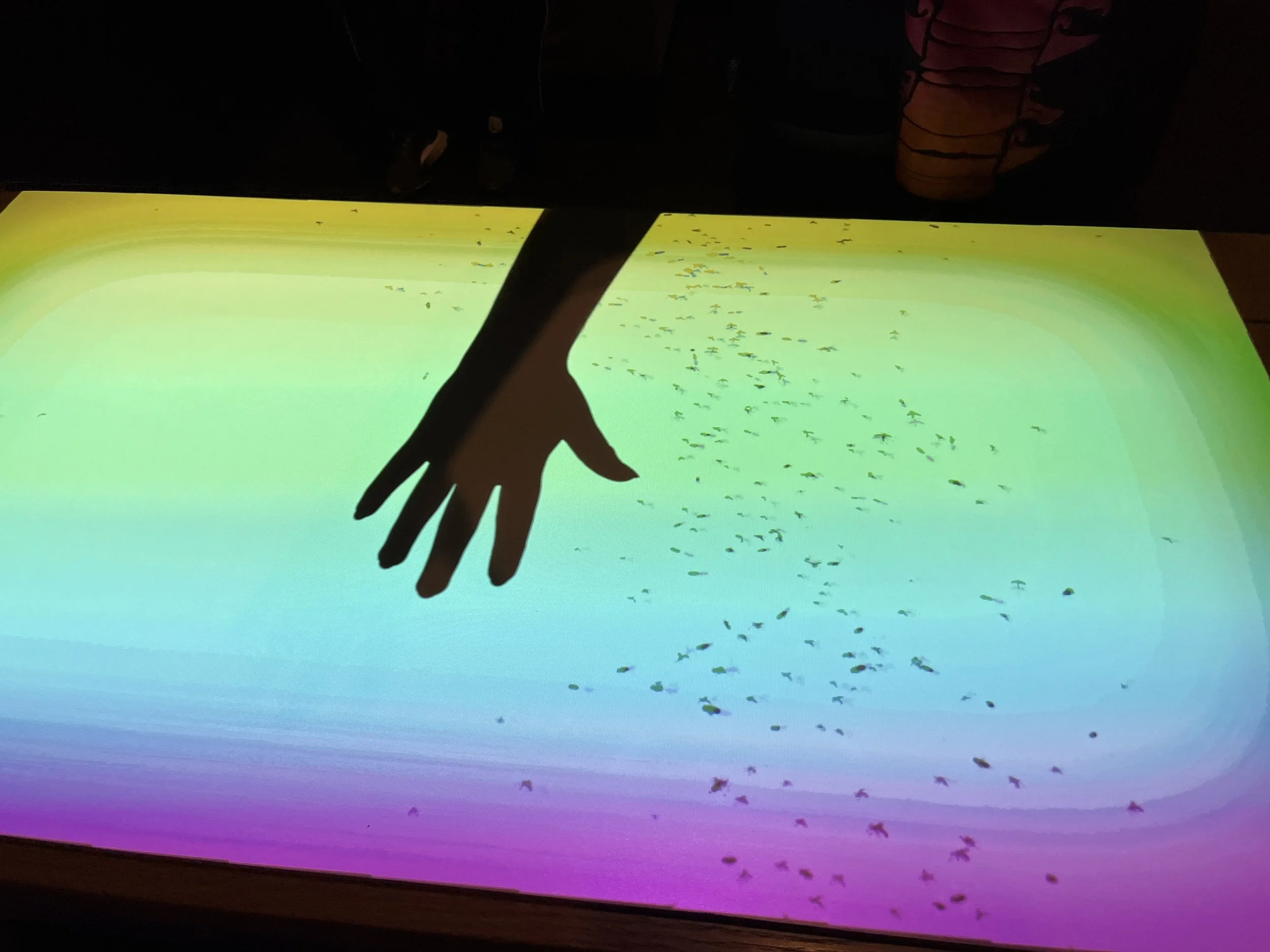
How we change lives
A note from our Founder
In 2021 I set out on a journey to do something positive for twice-exceptional (2e) teens in New Zealand. As a twice-exceptional person myself and the parent of one, I knew firsthand how gifted neurodivergent young people are failed by both the education and health systems in Aotearoa and I wanted to respond to that. I had no roadmap when I began, just a fierce belief that something better had to be possible. Four years and much mahi later, we hit go - on 17 February 2025 we launched our pilot full-time, face-to-face, intensive programme from a commercial space in Newmarket, Auckland. With the support of generous funders, six courageous families, and the brilliant, kind-hearted talents of Barney Groom and Pauline Herbst, we opened the doors to something we hoped would change lives.
And it did.
We are delighted to share with you what we found from our pilot initiative.
How our rangatahi benefitted
Rangatahi experienced significant growth in confidence, independence, communication, and engagement with life.
They moved from feeling anxious, overwhelmed, or withdrawn to initiating social connections, trying new things, and confidently engaging in self-directed work.
With personalised support, a safe and inclusive environment, and genuine relationships with a knowledgeable, empathetic team, every rangatahi made tangible progress toward their academic, creative, and career goals.
Learner’s licence test!
Increased independence: Confidently managing morning routines, using public transport — even to meet friends.
Greater responsibility: Helping with chores like hanging washing, grocery shopping, and organising appointments.
Improved emotional resilience: Parents reported stronger self-belief, clearer identity, and more creative self-expression.
Stronger self-efficacy: Began to believe they could do hard things and live independently in the future.
Tackling challenges: Overwhelming tasks became achievable — even those outside their interest area or under time pressure.
Self-awareness: Gained a deeper understanding of how their brain works and how to work with it.
Stamina and engagement: Able to participate meaningfully in full days of structured activity.
How our parents benefitted
Parents and caregivers experienced significant relief and restoration as a result of their teen’s involvement in the programme. Many spoke of a renewed sense of calm, connection, and hope — both at home and in themselves.
Eased daily stress: Mornings became smoother, and families no longer had to advocate constantly on behalf of their teen.
Reclaimed personal time: With fewer emotional and logistical burdens, parents reconnected with neglected hobbies and self-care.
Peace of mind: Seeing their teen supported and thriving brought emotional relief and renewed confidence.
Sense of community: Having The Hyphen Project team "on their side" created a shared understanding and deeper sense of belonging.
Positive family dynamic: A more harmonious home environment emerged, with improved communication and connection.
Renewed hope for the future: Parents gained a more optimistic outlook on their teen’s path forward — academically, socially, and personally.
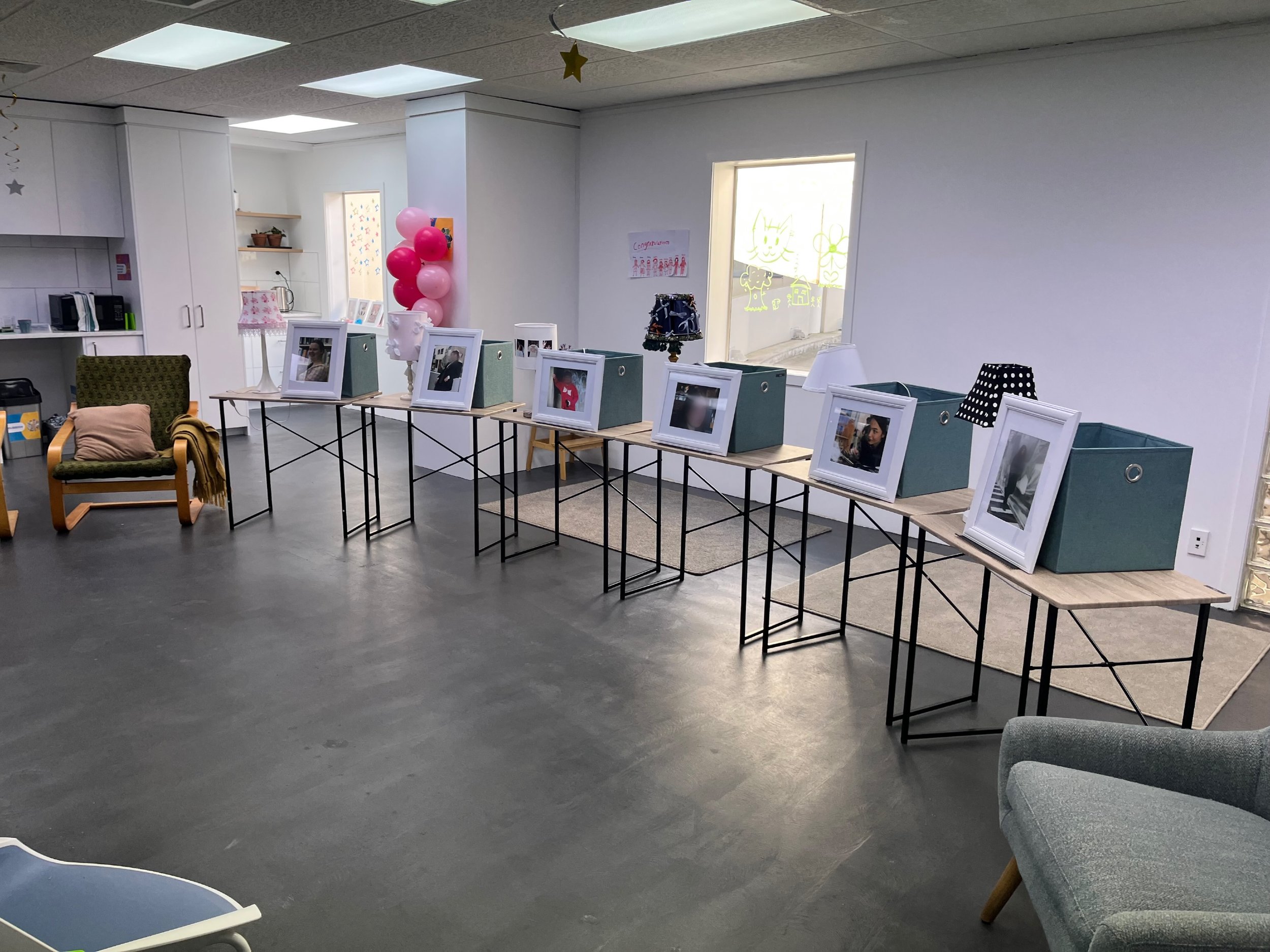
How we did it
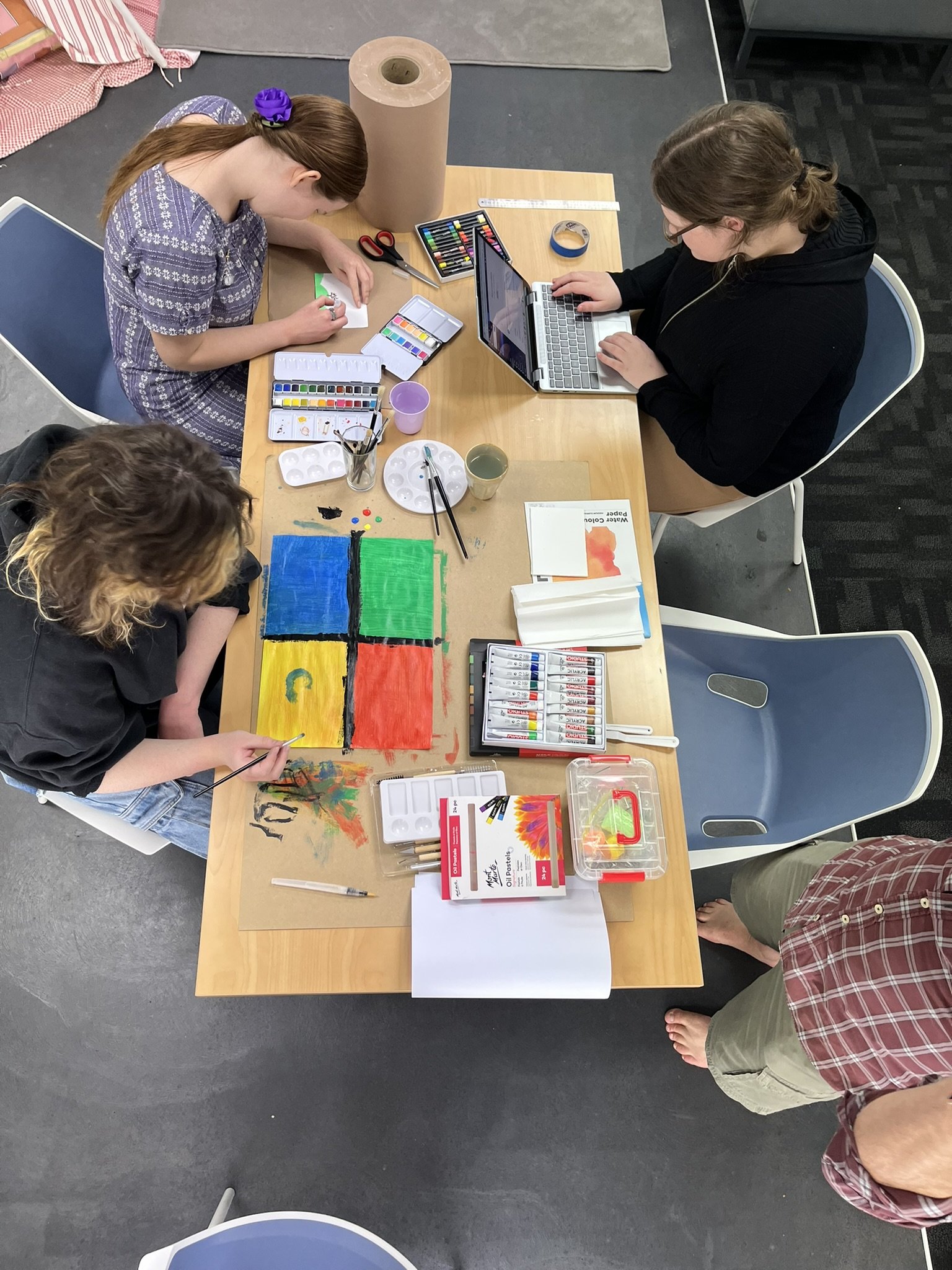
“You provide a creative learning space for neurodivergent young people to develop, independence, self-confidence and their individual passions.”
“The care and support that is provided to every member of the cohort is exceptional and will have a lasting impact on everyone involved.”
Our approach focused on:
Creating a safe, supportive environment where rangatahi could feel secure enough to explore and grow.
Facilitating skill-building and real-world experiences that aligned with their interests and goals.
Framing neurodivergence as a strength, using compelling, relatable examples to shift perception.
Encouraging independence through daily routines, decision-making, and responsibility.
Fostering resilience by guiding them through challenges in a supportive, adaptive way.
Validating their abilities and strengths, helping them see their value and potential.
Co-designing future pathways so they could envision meaningful contribution through study, creativity, or work.
Wins
Rangatahi went from joining activities to leading them, running workshops, and chairing meetings.
Gained confidence with public transport, errands, and future planning for jobs, study, and independence.
Creative and professional skills flourished, with hands-on experience in filmmaking, writing, presenting, and networking.
Developed habits of daily check-ins, sharing emotional states and achievements unprompted.
Strong peer connections were formed, with rangatahi supporting each other, initiating social events, and collaborating effectively.
The incubator equips rangatahi with the foundational skills they need before work or study readiness is even possible.
Confidence, emotional regulation, self-awareness, and a sense of belonging must come first — only then can rangatahi begin to build toward their futures with clarity and purpose.




